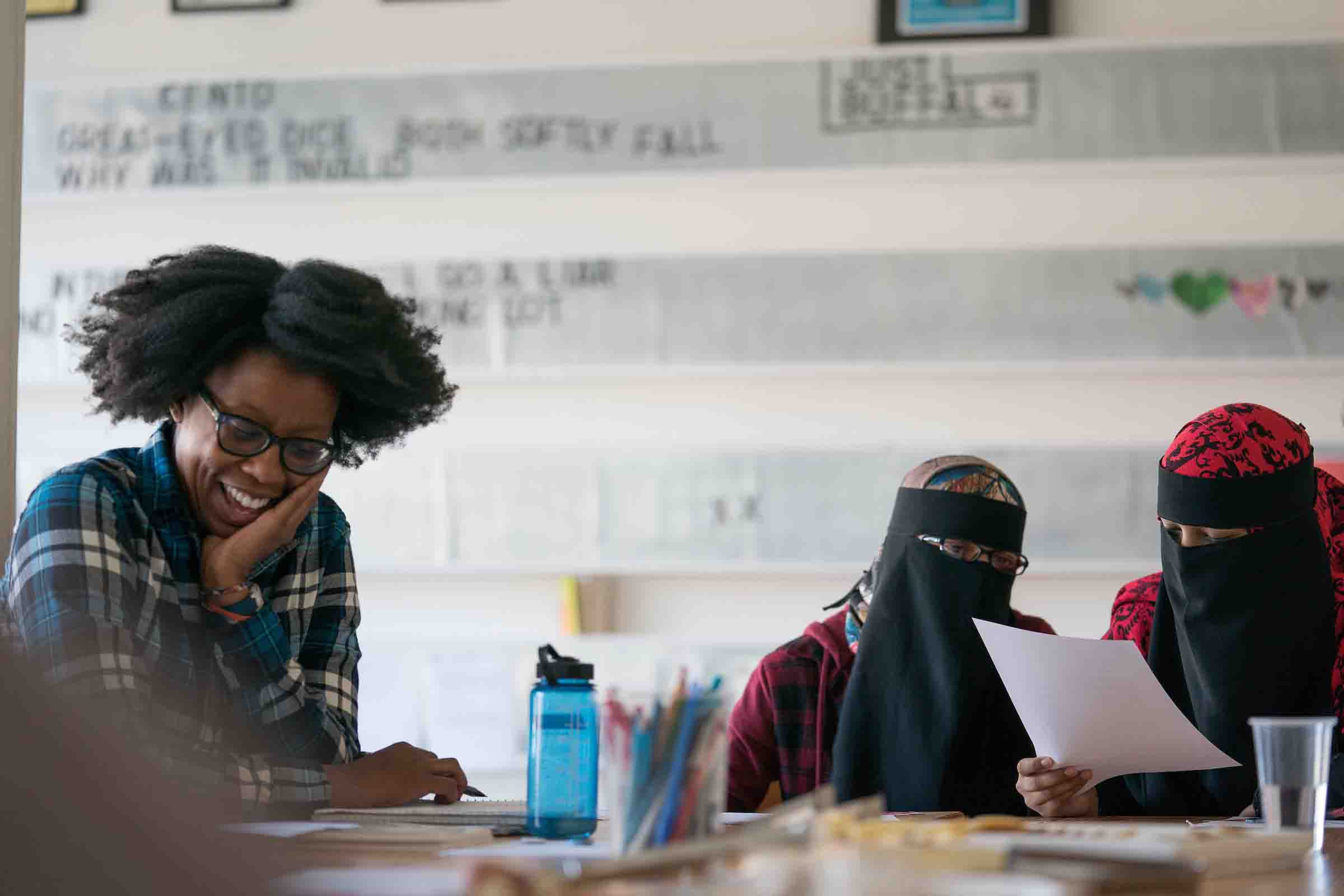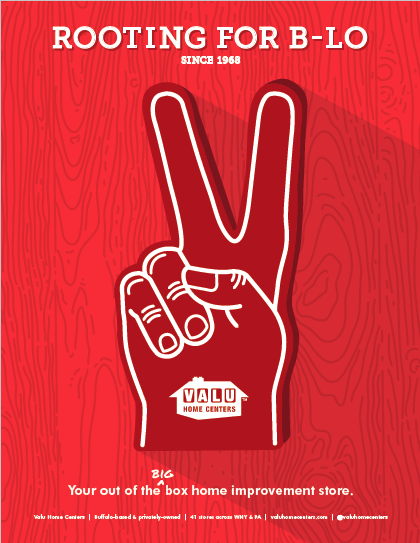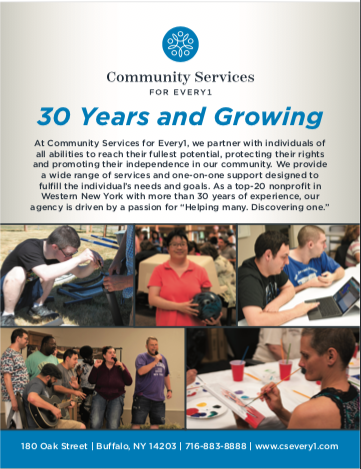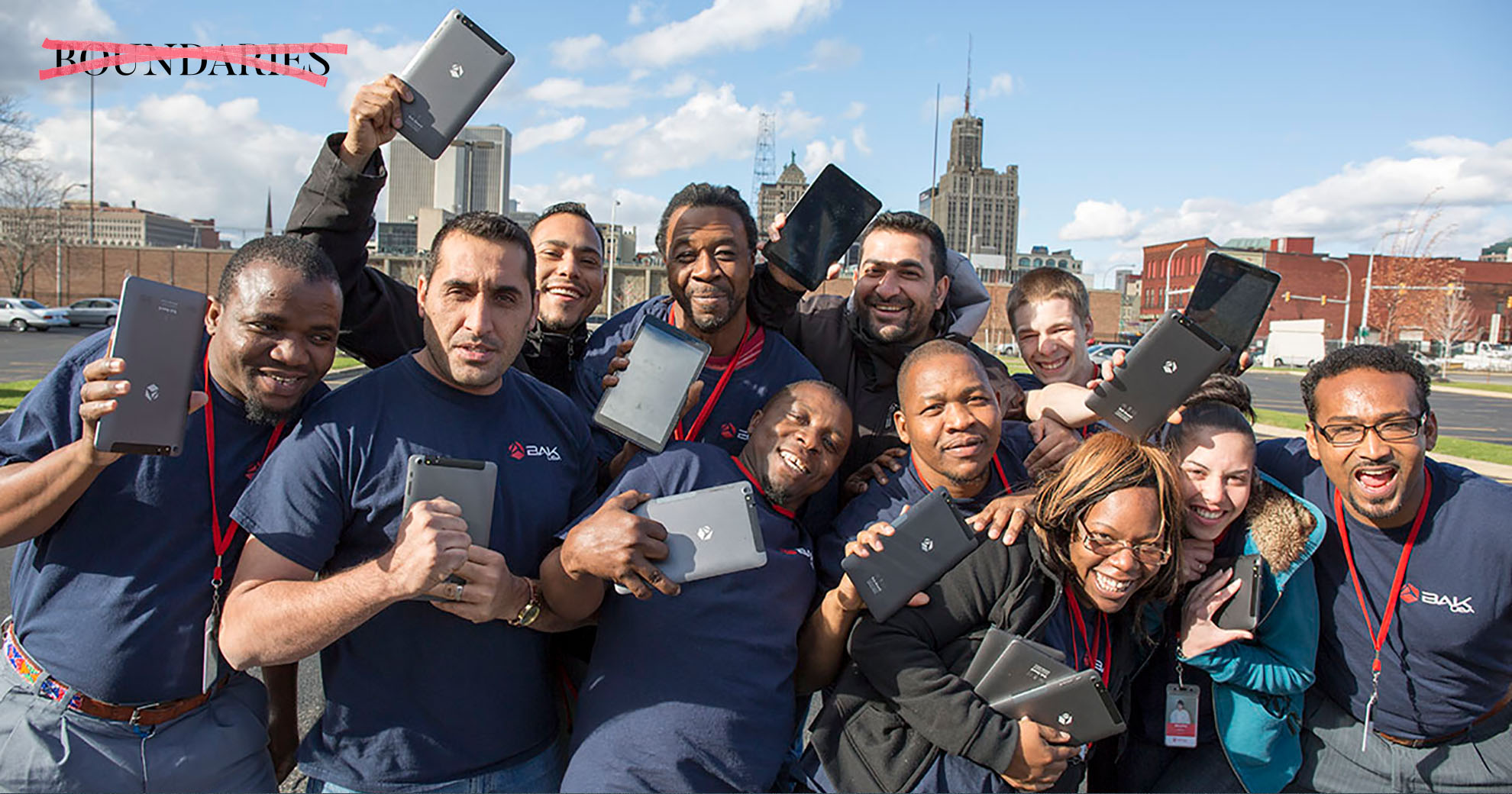Title Image Courtesy Just Buffalo Literary Center
Just “Buffalo”
The decades-old tradition of individuals, literary education, and conversations in the community.
Written by Darby Ratliff
Lit City, a play on Buffalo’s status as the “City of Light,” is formed by the blocks of Washington Street between Lafayette Square and Virginia Street. This area, designated in 2016, is adorned with banners of famous writers who share some connection to Buffalo, be that they lived, worked, visited, or were born here. On these banners, people can see the names and faces of Mark Twain, F. Scott Fitzgerald, and Lucille Clifton. Three banners in particular bear the names of those brought to Buffalo in the 1960s by Albert Cook of the English Department at SUNY at Buffalo: Raymond Federman, Carl Dennis, and Robert Creeley.
Cook had vision for what the English Department would look like, wanting to bring together a faculty composed of poet-scholars who would encourage students to endeavor not only to study the literary arts but to create them, too. This was an innovative shift from the traditional composition of a literature department, as the academic and the creative were typically kept apart, and its ripple effects can be felt today in the Nickel City’s literary scene.
The Just Buffalo Literary Center (JBLC) on Washington and Mohawk can draw its roots directly back to Cook’s decision to hire Creeley to teach literature at UB. The story goes that founder and former JBLC Executive Director Debora Ott heard Creeley’s voice on the radio as he read from his poem “Love Comes Quietly.” This inspired her to leave New York City and study literature with him at UB, and from there, she launched Just Buffalo in 1976.
In the collection of essays, Buffalo Traces: A Threefold Vibration, Three alumni from UB’s doctoral program shared their perspective on how they were able to explore their own interests in literature and their sexuality while attending the university in the 1980s. I spoke to two of the three authors, Mary Cappello and Jean Walton about their experiences.
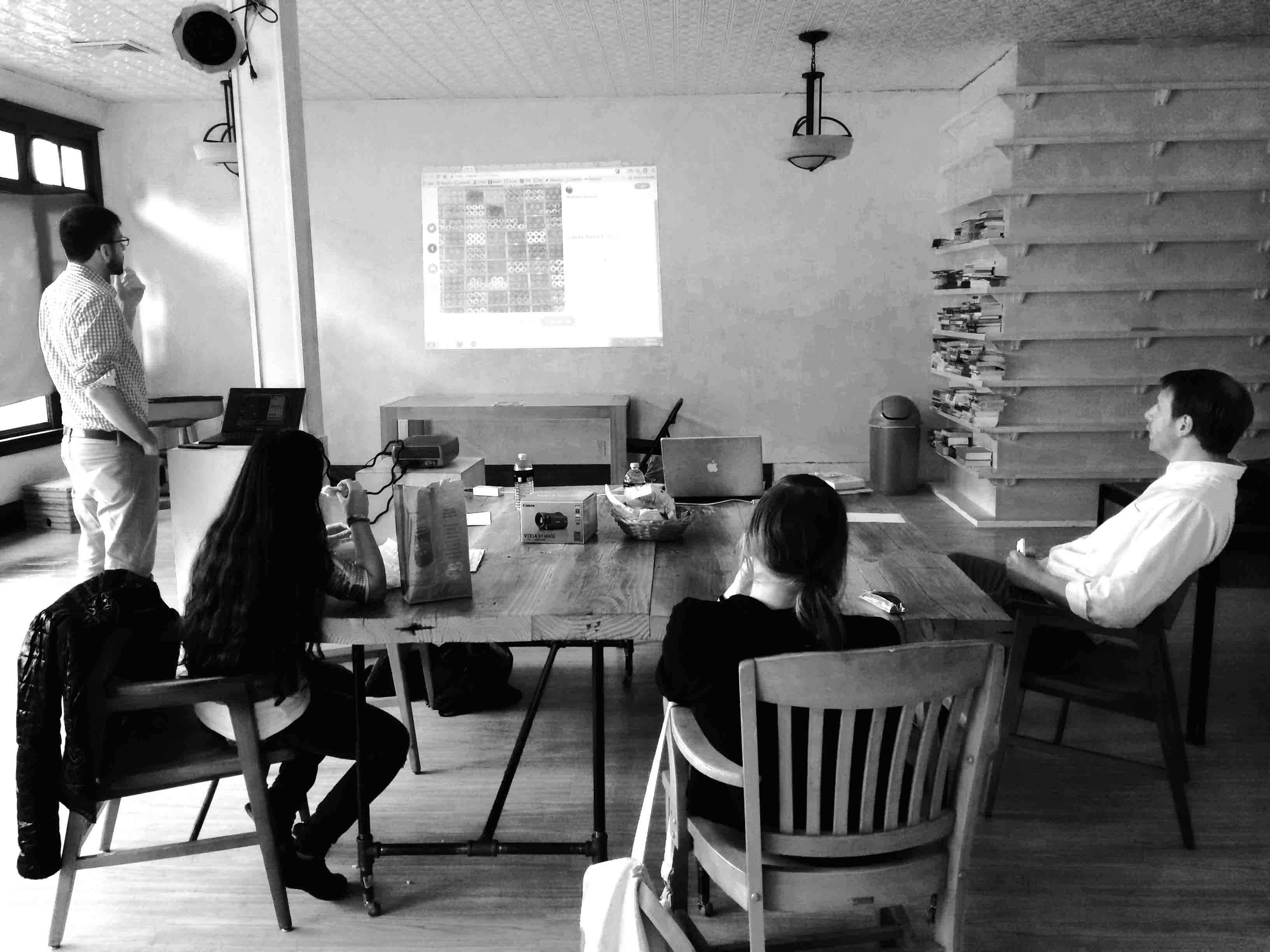
“The way the program was structured was much more impressionistic [than a traditional academic program at the time],” Capello said. “It was really about putting together your own picture of things rather than having to meet these marks. You kind of prided yourself if you were trying to find your own originality there. And they honored that.”
As Cappello and Walton were studying in Buffalo, the city was becoming familiar with its own decline. Walton remembers coming across a moniker for Buffalo as “the city of no illusions.” Cappello explained that “We loved that about it. We weren’t in an ivory tower. We were doing very heady work. But we were doing it in a place that felt really real. And we were coming from working class backgrounds ourselves.”
This hasn’t changed about Buffalo. Many of the families who have lived here for decades remember a time when manufacturing was the primary source of income. Just Buffalo also sees this in the population it serves today. Expanding its work beyond college students and adults, Just Buffalo works directly with diverse and often disadvantaged youth populations in Buffalo while simultaneously promoting speaker series such as BABEL through fall, winter and spring, and Silo City Reading Series throughout the summer.
Noah Falck, Education Director at Just Buffalo, spoke with me about some of its programming. There exists a massive following for the Silo City Reading Series, which brings local and famous writers to read from their work in an old grain silo. He said that he thinks people come “because there’s the history of what the grain silos represent. You know, it’s a hearty folk here in Buffalo, but I think that there is also a willingness to do anything. Nothing can hold you down, and it reflects the inner soul of the city, I think.”
So what does this come down to? Walton said after all, the goal at UB was “always about bringing the literary arts out into the public [and] having public readings.” In the beginning, Just Buffalo would pay for visiting writers by passing around a hat or asking friends to donate ten dollars. Some of the early speakers included Allen Ginsberg and members of the faculty at UB like Federman and Creeley.
Just Buffalo has continued to bring teachers into the public. They’ve sent them into public schools and launched the Just Buffalo Writing Center. Falck emphasized that “It doesn’t matter where you are on the timeline of being a writer. It’s creating those opportunities so it’s a confidence thing…It’s a community of people. Everybody has the opportunity to be a writer if they want to.”
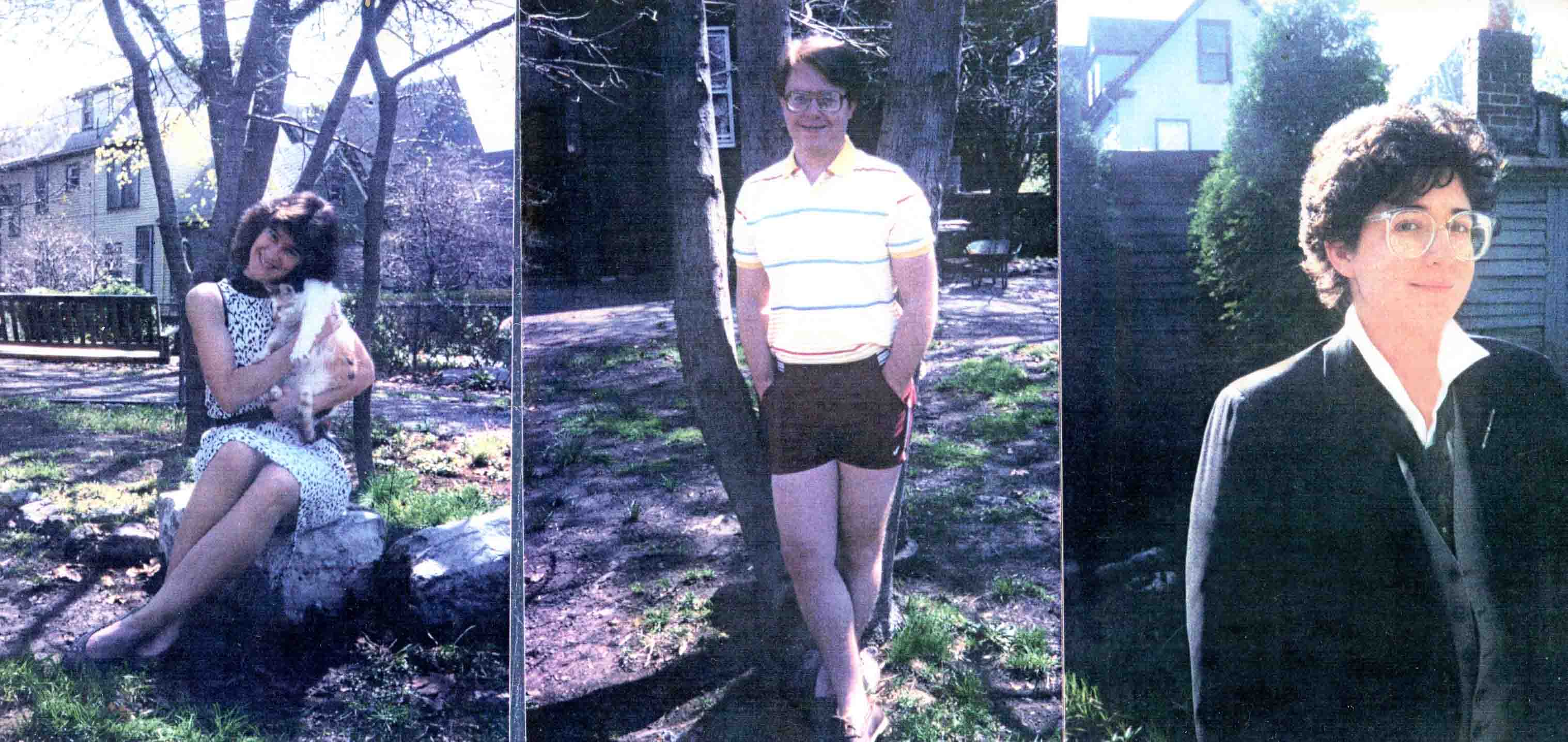
And it’s not just UB or Just Buffalo that seeks to create these opportunities. Canisius College is home to the Contemporary Writers Series. Hallwalls regularly has writers speak. Peach Mag, Foundlings, BlazeVOX, steel bellow, and other publications also regularly host readings and open mic nights for writers. There are readings on a near-nightly basis here in our Lit City, and they’re all in it for the same goal: to break down barriers and have a conversation.
“Maybe [it’s] because artists are willing to get dirty and be real about who we are. And how do you foster that as an organization?” Falck wondered, “What we’re doing is inviting these major people in who are writing these books about our times and inviting the conversation about it.”
Everyone is welcome to join in this dialogue and to share in Buffalo’s great literary tradition, bridging, as Cook perhaps hoped, the divide between the creation of literature and the conversations it can start.
Whether you’re a writer, aspiring writer, or just a lover of the literary arts, join the community and the conversation at justbuffalo.org.

